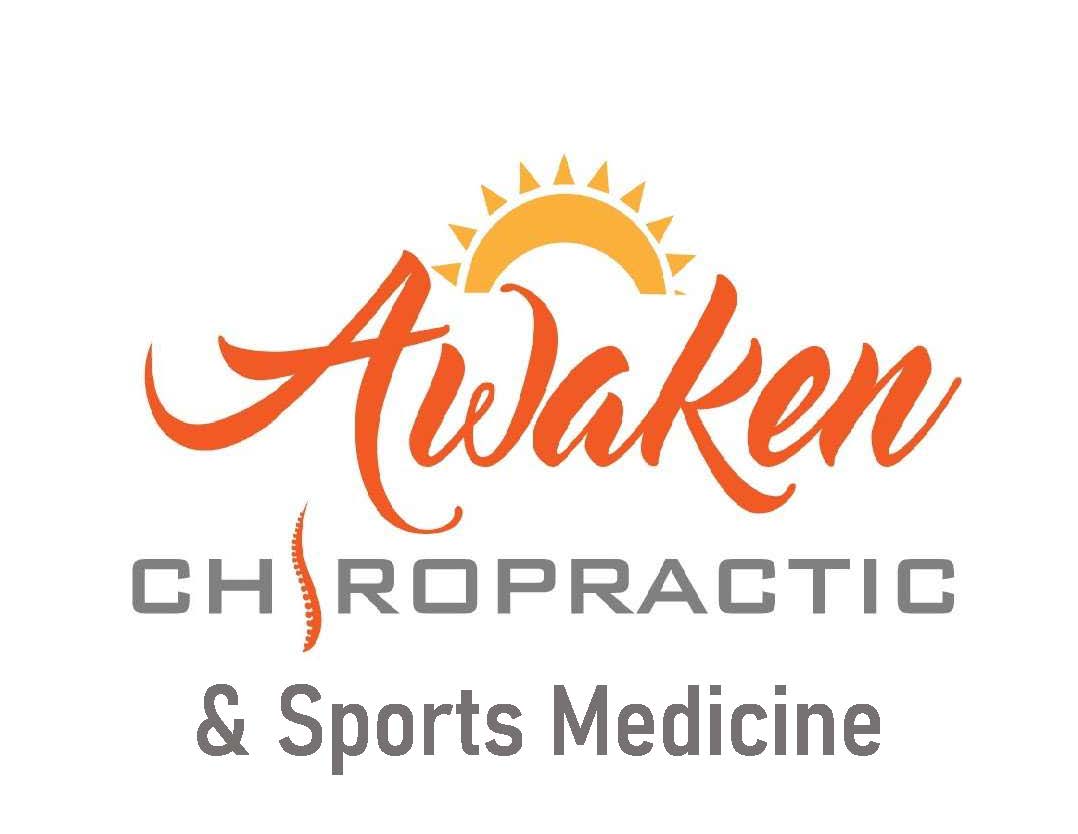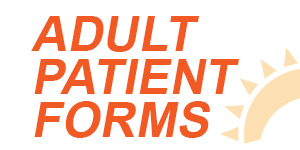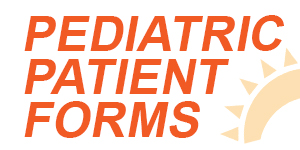Bed wetting or nocturnal enuresis (NE) can cause a lot of stress in a household. It is defined as wetting the bed more then 3 times during the course of a week according to the International Chiropractic Pediatric Association (ICPA). It has also been estimated to affect upwards of 5-7 million children in the US. NE can bet categorized as either primary or secondary. Primary is when the infant is having bed wetting problems since infancy and never learns to control their bladder. Secondary occurs anywhere from six months to years following the control of their bladder.
:max_bytes(150000):strip_icc():format(webp)/kids-bed-wetting-634721457-57d182385f9b5829f4341975.jpg)
Causes of Bed Wetting
There are several causes linked to nocturnal enuresis. These included chronic constipation, urinary tract infection, inability to recognize a full bladder, a small bladder, and hormone imbalances among many others. If your child is suffering from NE, consult your pediatrician in order to rule out some of the causes for this.
The parts of the nervous system that control bladder function are the voluntary and involuntary nervous system. The involuntary is referred to as the autonomic nervous system and influences the bladder and the sphincters that hold the urine in the bladder. The reflex the causes the process of urination or micturation is called the micturation reflex. It is controlled by an area in the pons, or part of the brain stem that connects to the spinal cord. When this is inhibited then it causes aberrant signals sent out and triggers the reflex causing it to cause urination. The infant or child are unable to control this reflex, especially when sleeping so punishing them will not solve the issue.
Medical Approach
The medical approach to nocturnal enuresis is the drug desmopressin or the antidepressant imipramine. Both of these have shown to reduce nocturnal enuresis by producing less urine and decreasing thirst of the child. These are not medications they would take long term so the goal would be to decrease or eliminate it until they hopefully grow out of it.
Chiropractic Intervention
For those who don’t want to rely on drugs or give their child antidepressants, chiropractic can help. More people are turning to alternative medicine in order to get away from heavily medicating their child. NE spontaneously resolves in around 10-20% of children and can persist into adolescence for most. Any child who suffers from this can be stressed from being around other children who are not.
Stress on the nervous system that causes aberrant impulses and triggering the reflex can be reversed. The stress on the autonomic nervous system can be caused by misaligned vertebral segments. These vertebral bones are anchored to the spinal cord by dural ligaments. When misaligned, stress is added and can causes various problems, including nocturnal enuresis or bed wetting.. By correcting these vertebral subluxations, we can take away the stress of the nervous system and allow the body to heal itself. This in turn can take away bed wetting altogether.
What the Research Says
There is a fair amount of research out there for chiropractic intervention of nocturnal enuresis. The one we will look at takes a look at 33 patients presenting with primary nocturnal enuresis (PNE) with Van Poecke et al. The patients exhibited ranged from 3-18 years old. The study was conducted over a 12 month period and history was noted if they had constipation or a family history of PNE. Ten of which had constipation and 8 had a family history of PNE.
At the end of the 12 months, 22 of the 33 no longer had symptoms of PNE. What was found was if the patient had constipation, it was essential in a successful treatment. Though, if they had both constipation and family history of PNE presented a poop prognosis of treatment.
There have been many other instances where chiropractic has helped with bed wetting but this one seemed the most extensive.
If you know someone who suffers from bed wetting, please pass this along. We would love to help if you are close to us, otherwise look up your local chiropractor to see if they can help. Click the link below to schedule an assessment to see how we can help!
Click HERE to schedule an assessment!
Yours in Health,
720-381-6139



